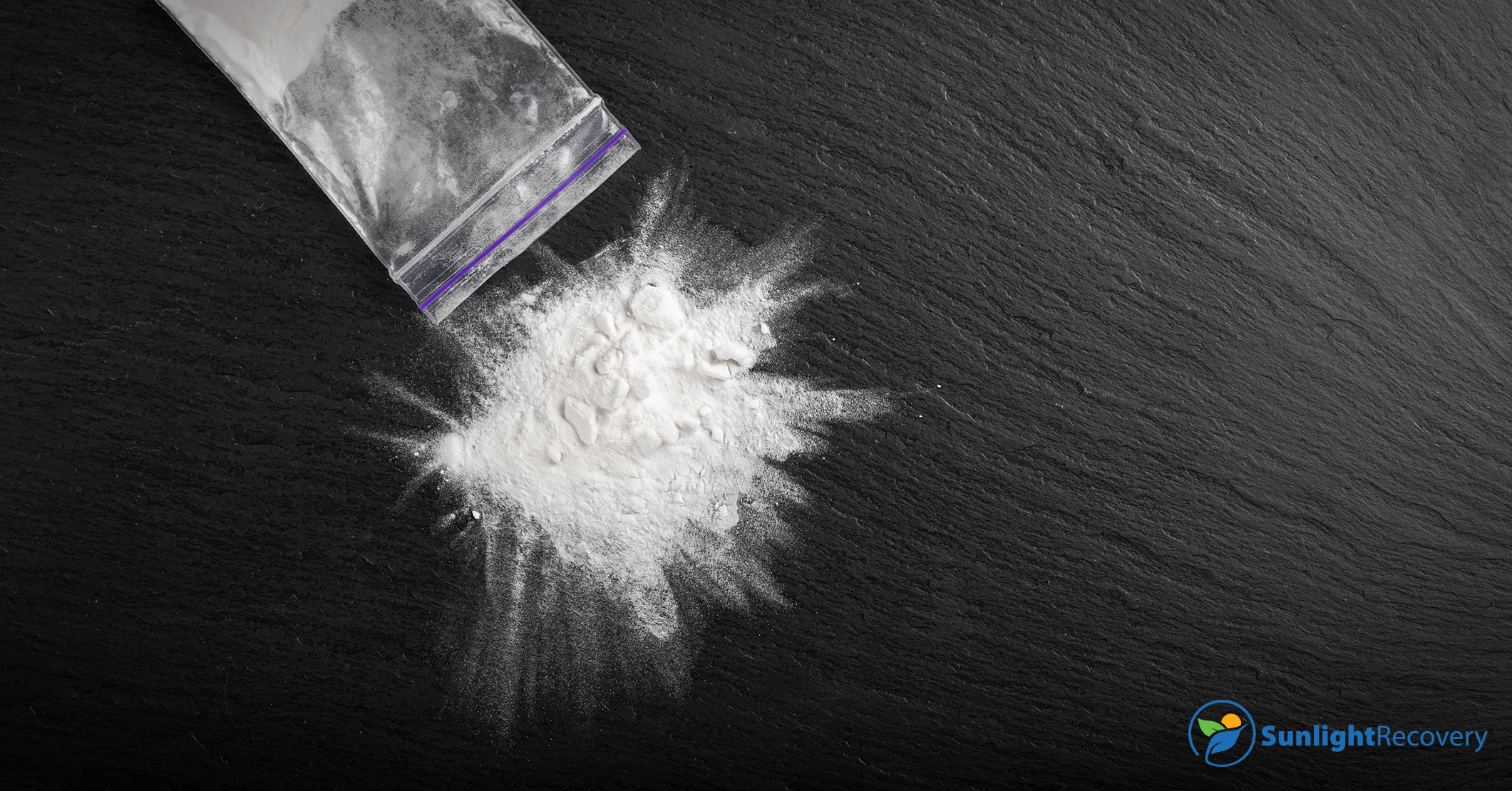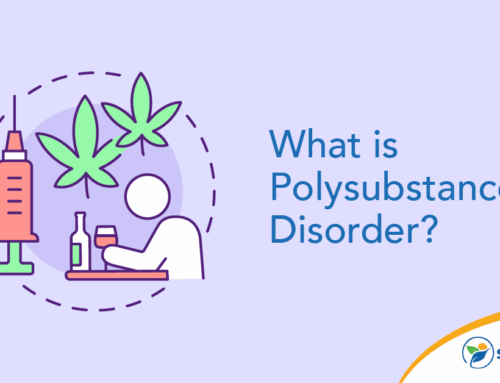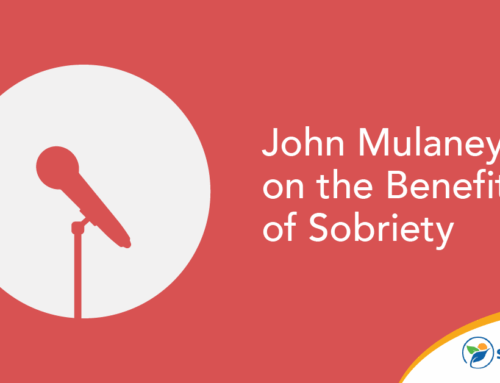Can you OD on coke? If someone you know abuses cocaine or you’re worried about your own drug use, you’ve probably worried about the risks of taking too much coke.
Cocaine is an illegal, highly addictive stimulant that comes as a powder or a smokable freebase. People who use cocaine typically snort it, rub it into their gums or inject it. Taking cocaine increases the levels of dopamine in the brain, often causing feelings of happiness, energy or alertness. However, the drug also poses significant health risks. So, can a person overdose on cocaine? Let’s explore what happens during a coke overdose, how to recognize the symptoms and what to do in an emergency.
Can You OD on Coke? Understanding Cocaine Overdose
Cocaine is a commonly used illegal drug. According to the Centers for Disease Control and Prevention (CDC), nearly 2% of Americans use cocaine. The drug stimulates the nervous system, and taking too much coke can lead to an overdose. An overdose can affect long-term and first-time users alike, so it’s important to be aware of the risks and potential symptoms.
Using cocaine puts stress on your cardiovascular system because it increases your blood pressure. It’s unclear exactly why cocaine impacts your cardiovascular system. The drug’s cardiovascular effects can cause life-threatening emergencies, including:
- Acute coronary syndrome (insufficient blood flow through the coronary arteries)
- Stroke
- Dangerously high blood pressure (hypertensive crisis)
- Tearing of the aorta (aortic dissection)
Unfortunately, these events are sometimes fatal. Furthermore, abusing cocaine increases your risk of sudden cardiac death. Cocaine use can also prevent your body from cooling itself down, which is why some cocaine users develop hyperthermia. Hyperthermia is an abnormally high body temperature and can lead to heat stroke. It can also cause organ damage and other severe health outcomes.
Often, cocaine is mixed with other illegal drugs, and it’s impossible to tell what it contains without scientific testing. Therefore, taking cocaine also increases your risk of overdosing on other illicit substances.
If you experience a cocaine overdose, you may develop long-term health problems. Potential complications of an overdose include permanent paralysis, mental health disorders and impaired cognitive function.
Signs and Symptoms
Taking cocaine often makes people feel high, excited or euphoric. However, intoxication can also cause unpleasant symptoms such as agitation, vomiting and fever.
The symptoms of taking too much coke or a cocaine overdose are more severe. Symptoms depend on several factors, including the size of the dose, personal physiology and whether the cocaine contains other drugs. If you take too much coke, you may experience the following:
- Seizures
- Urinary incontinence
- Blue-tinged skin
- Excessive sweating
- High fever
- Rapid or irregular heartbeat
- Rapid breathing
- Breathing difficulties
- Loss of awareness
Risk Factors
Predicting a person’s risk of a cocaine overdose can be challenging because several factors can affect how coke impacts an individual’s health. Generally, taking concentrated cocaine or using excessive amounts of the drug increases the likelihood of an overdose. Mixing cocaine with other drugs can also increase the risk — people who use drugs are often unaware that their supply is laced with other substances.
Taking cocaine in a hot environment can also make you more susceptible to an overdose. Furthermore, high temperatures increase the risk of severe harm and may make the symptoms of a cocaine overdose worse.
Drinking alcohol while taking cocaine is dangerous because the substances create a toxin called cocaethylene when used in combination. The combination of cocaine and alcohol is responsible for more drug-related deaths than any other mixture.
Bingeing on cocaine (taking repeated doses of cocaine over a short period) can increase your risk of developing paranoid psychosis. Psychosis can affect your perception of reality and cause you to hear things that aren’t there (auditory hallucinations).
Finally, individual susceptibility can affect your risk of an overdose. Some people are naturally predisposed to experience adverse effects even from relatively low doses of the drug.
What to Do If You Suspect a Cocaine Overdose
You should call 911 immediately if you suspect a cocaine overdose in yourself or someone you know. Providing the following information can help doctors and emergency responders treat the person as quickly and appropriately as possible:
- Age
- Preexisting health conditions
- Allergies
- History of substance abuse
- Amount of the drug taken, if known
Encouraging the person to lie down on their side can reduce the risk of them choking on their vomit. You should also move any hazards that could injure them during a seizure. Stay with the person and reassure them until help arrives.
Acting quickly can increase the chances of successful overdose treatment. Health care professionals may conduct tests such as toxicology screening, CT scans and cardiac enzyme tests to determine the right treatment plan. Depending on the person’s condition, doctors may provide breathing support and IV fluids. The person may also require medications to manage organ damage, reduce high blood pressure and manage symptoms such as pain and agitation. If the person has hyperthermia, they will need cooling treatment to reduce the risk of death.
Seeking Help and Support
Cocaine overdoses can significantly impact the person affected and their loved ones. Getting the right help and support can increase the person’s chances of recovery and reduce the risk of them continuing to abuse drugs. The person may also require ongoing medical support to manage the health impacts of a cocaine overdose, such as kidney damage.
If your friend or family member experiences an overdose, you may experience difficult emotions. Furthermore, you may be unsure how to help your loved one recover from cocaine overdose or addiction. Specialized addiction services can provide support and advice to people who use cocaine and their family members and offer treatment to help them recover from addiction.
Contact the Experts
At Sunlight Recovery, our addiction specialists are on hand to help you achieve a happy, healthy future. We can provide effective treatment to support you or your loved one toward cocaine addiction recovery and help you develop the skills you need to make lasting changes. Contact us today to explore treatment options and arrange a consultation.







